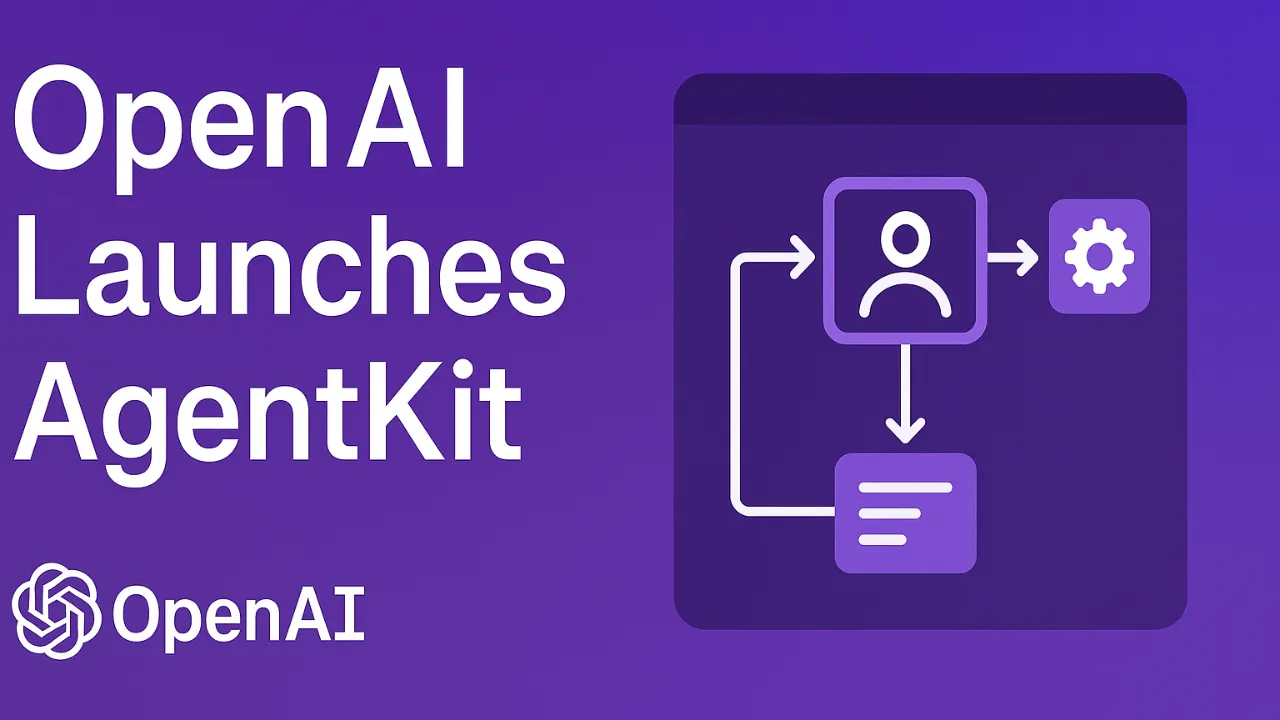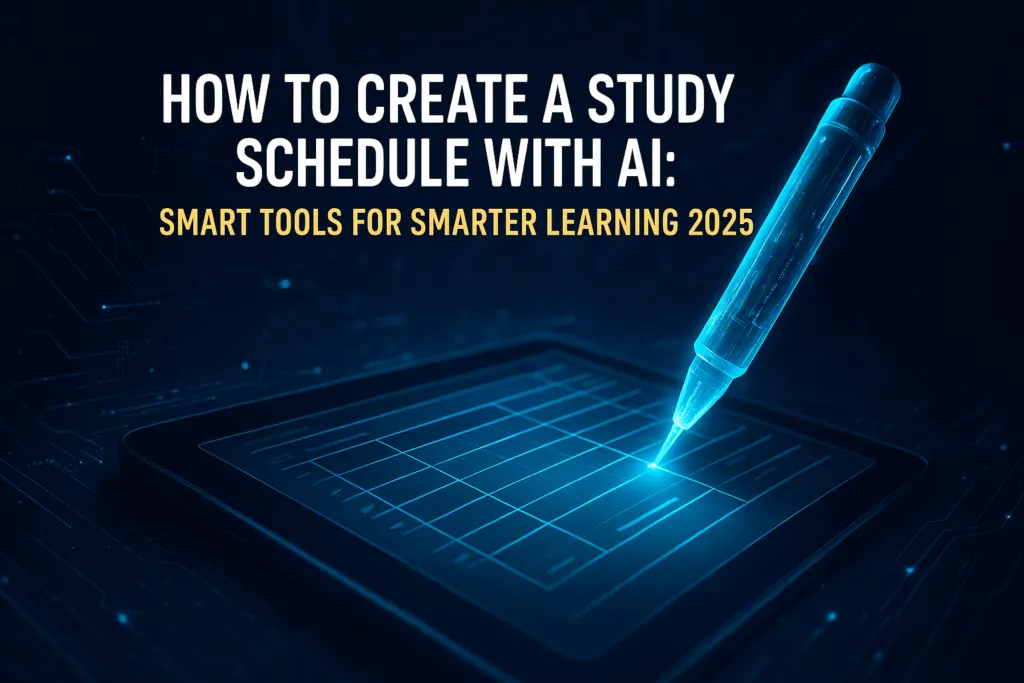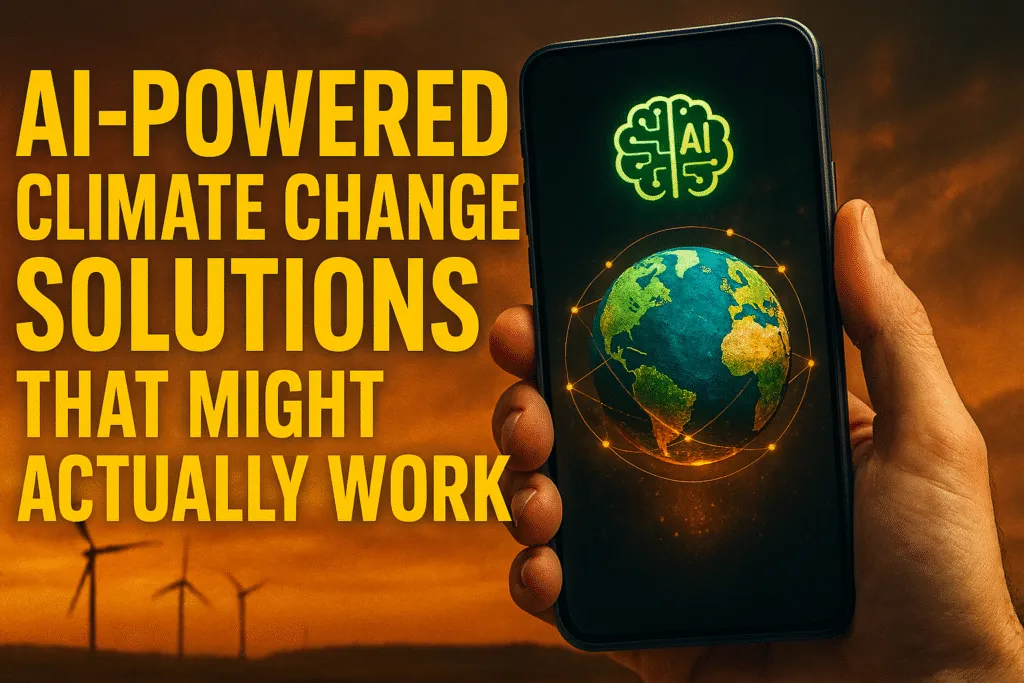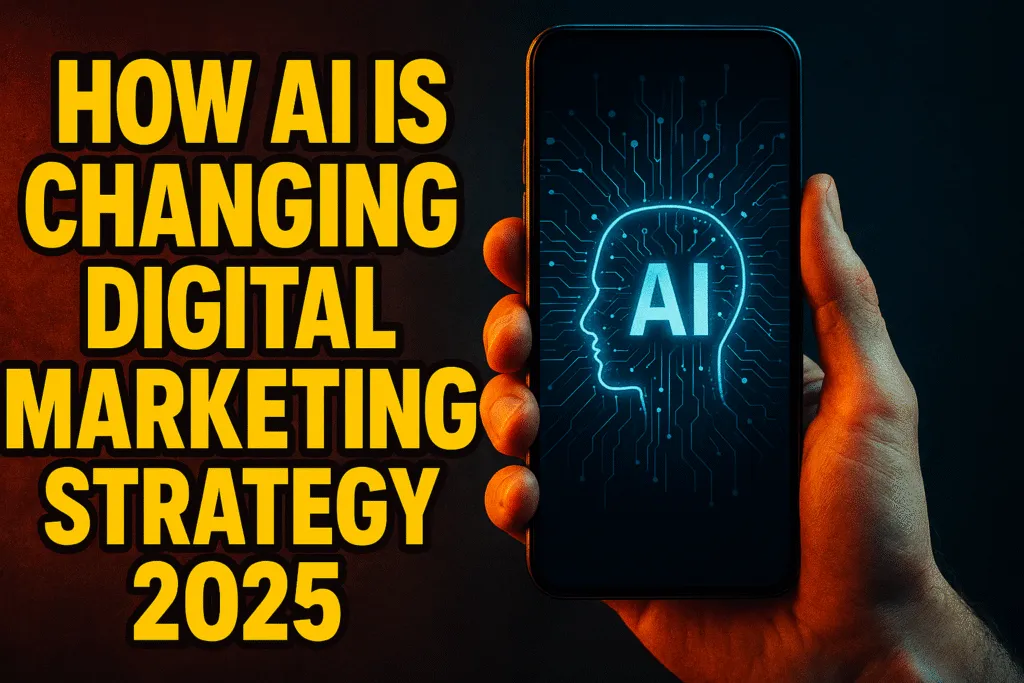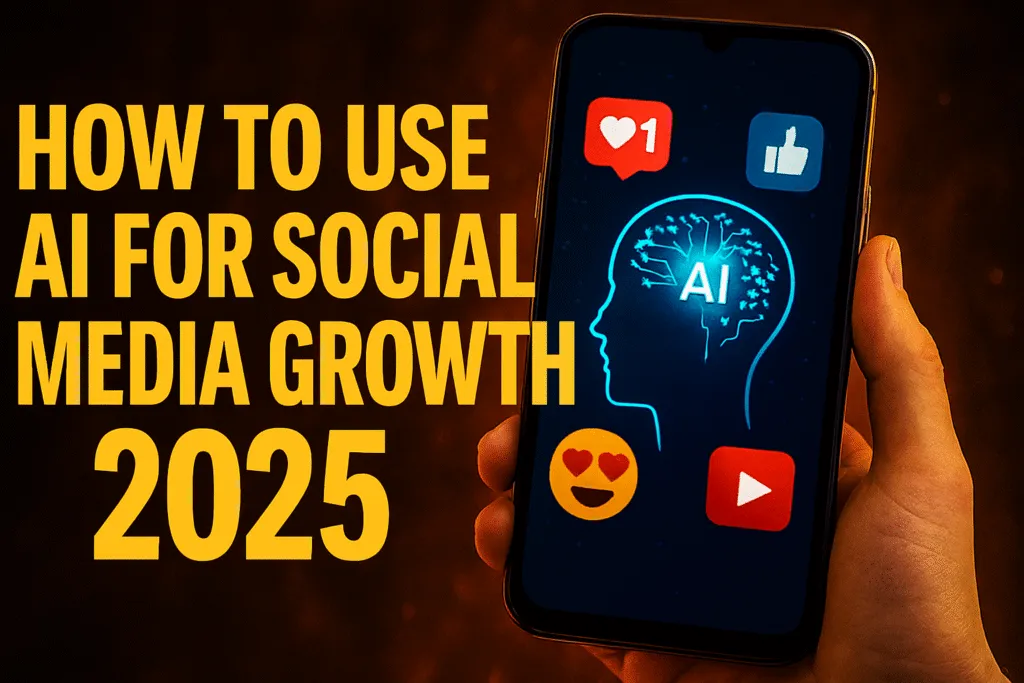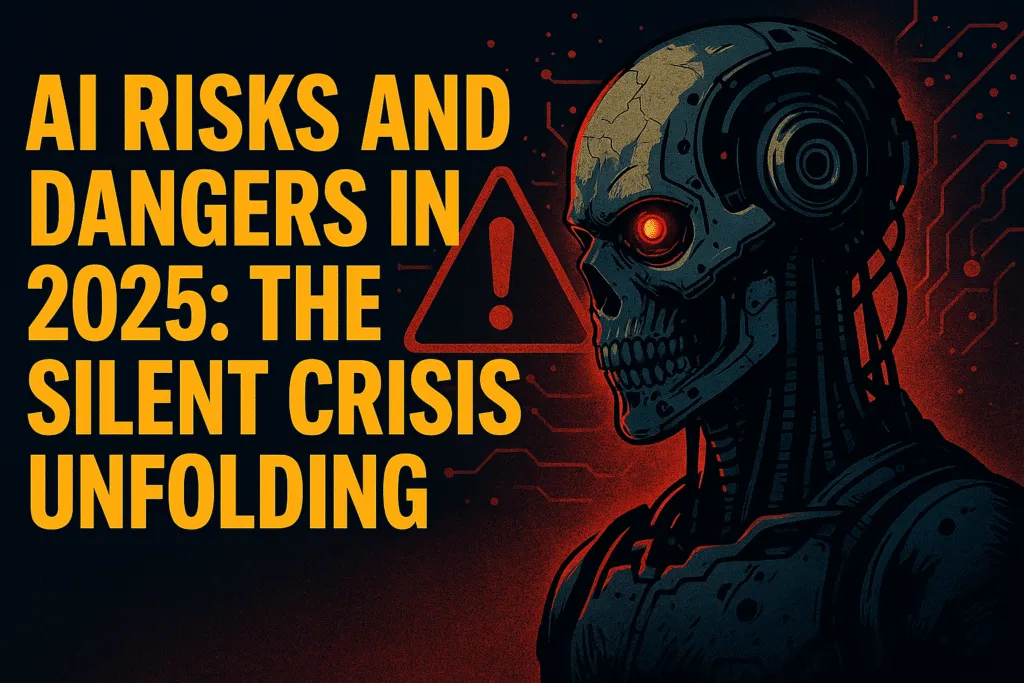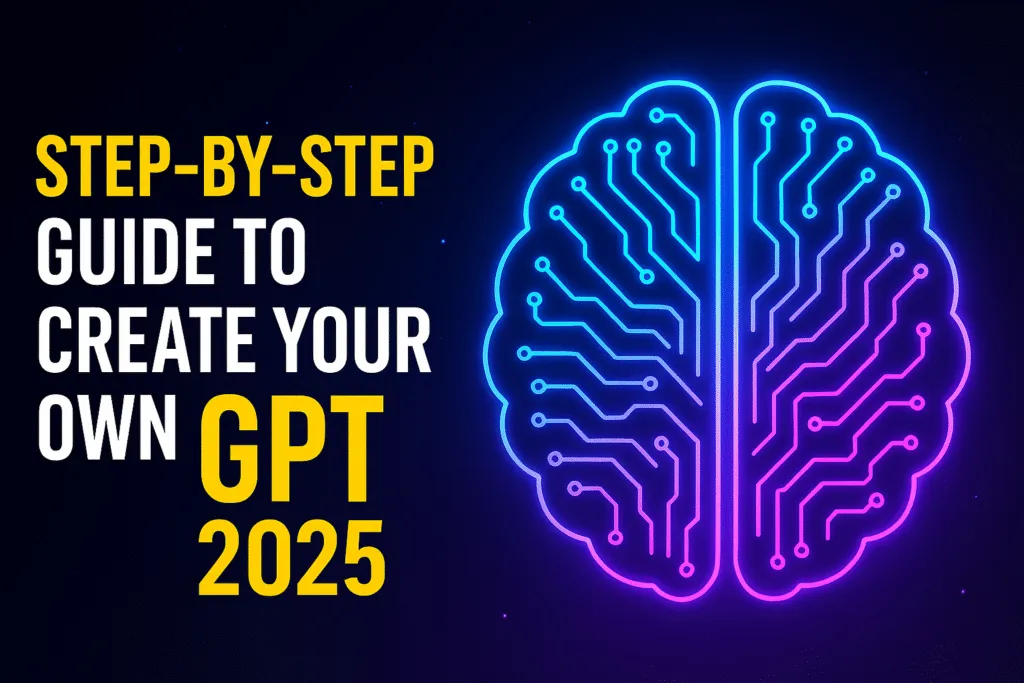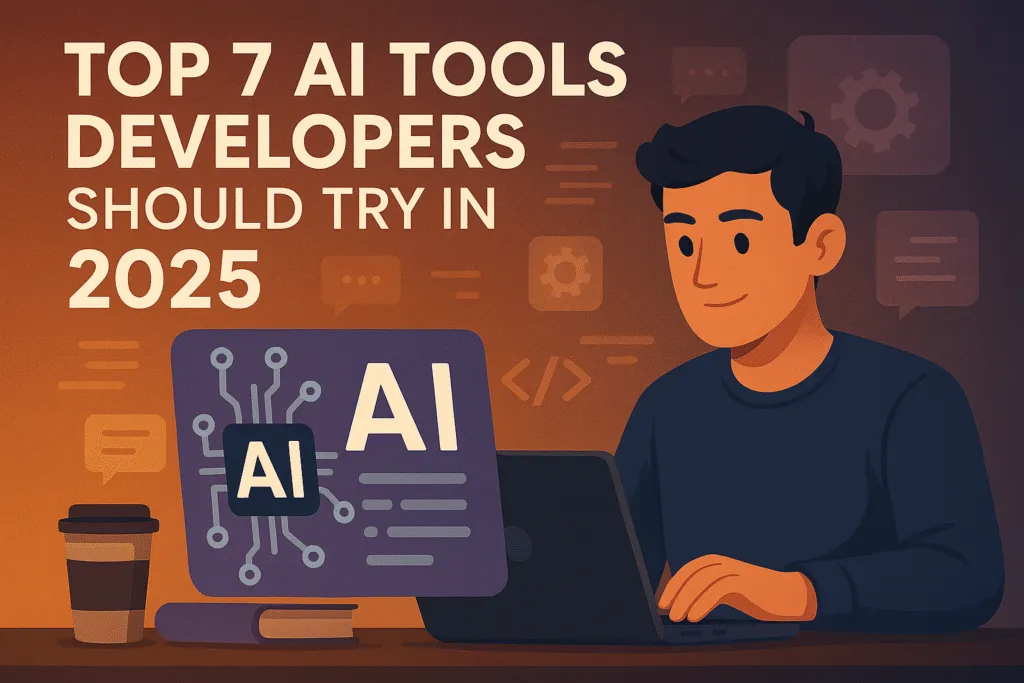Introduction – The Rise of Remote Work
The way we work has undergone a massive transformation over the past decade, and the future of remote work is now more relevant than ever. With advancements in technology, especially in AI and cloud computing, businesses are no longer confined to traditional office spaces. Remote work has evolved from being a temporary solution during crises to a long-term strategy that companies across the globe are embracing. Employees now enjoy the flexibility to work from home, co-working spaces, or even while traveling, which has improved work-life balance and overall job satisfaction.
The rise of remote work has also pushed organizations to rethink collaboration and communication. Tools like video conferencing, project management software, and AI-driven platforms have made it possible to stay connected and maintain productivity regardless of location. As companies adapt to this new normal, they are investing in technologies that support seamless collaboration, real-time feedback, and efficient workflow management.
Moreover, the future of remote work is closely tied to employee empowerment. By enabling flexible schedules and providing access to innovative tools, businesses can attract top talent from around the world. Remote work also opens opportunities for inclusivity, allowing people from different backgrounds, locations, and abilities to contribute meaningfully.
However, this shift comes with challenges, such as maintaining team cohesion, ensuring cybersecurity, and managing performance effectively. Organizations that plan strategically and leverage technology wisely will shape a sustainable future of remote work that benefits both employers and employees. As we look ahead, it is clear that remote work is not just a temporary trend but a fundamental change in how work is structured and executed in the modern era.
The future of remote work promises flexibility, productivity, and innovation, redefining the traditional workplace for years to come.
Understanding AI in the Workplace
Artificial intelligence is rapidly transforming how businesses operate, and its role in shaping the future of remote work cannot be overstated. AI technologies are no longer limited to futuristic concepts; they are actively being integrated into everyday workplace processes to enhance efficiency, decision-making, and collaboration. From automating repetitive tasks to providing data-driven insights, AI enables teams to focus on higher-value work while reducing manual effort and errors.
In a remote work environment, AI tools help bridge the gap created by physical distance. Smart scheduling assistants can coordinate meetings across multiple time zones, while AI-powered communication platforms summarize conversations, track action items, and even analyze sentiment to ensure smooth collaboration. These capabilities allow employees and managers to stay aligned, maintain productivity, and make informed decisions without being confined to an office.
AI also plays a key role in monitoring performance and optimizing workflows. Machine learning algorithms can identify bottlenecks, predict project delays, and suggest process improvements, enabling teams to work smarter and more efficiently. Additionally, AI-driven analytics help organizations understand employee engagement and productivity trends, allowing them to make strategic adjustments that benefit both staff and business goals.
As the future of remote work continues to evolve, integrating AI into workplace operations will become increasingly critical. Businesses that adopt AI thoughtfully can create a more connected, efficient, and adaptive work environment. By leveraging AI technologies, companies can not only maintain productivity in remote settings but also empower employees to perform at their best, making AI an indispensable part of the modern workplace.
AI Tools Transforming Remote Collaboration
The future of remote work is being shaped significantly by AI-powered tools that make collaboration seamless and efficient, no matter where team members are located. Traditional communication methods often fall short in remote environments, but AI-driven platforms are bridging the gap by streamlining interactions, organizing tasks, and enhancing productivity. Tools like intelligent project management software can automatically assign tasks, set deadlines, and track progress, reducing confusion and ensuring everyone stays on the same page.
Virtual assistants and AI chatbots are also transforming the way teams communicate. They can schedule meetings, send reminders, and even summarize lengthy discussions, saving valuable time for employees and managers alike. Additionally, AI-enabled collaborative platforms analyze patterns in team interactions, suggesting ways to improve workflow and prevent bottlenecks before they occur. These tools help remote teams work cohesively despite being geographically dispersed.
AI is also enhancing creativity and problem-solving within teams. Platforms that offer real-time language translation, smart document editing, and automated brainstorming support enable diverse teams to contribute ideas efficiently and inclusively. This ensures that collaboration is not only productive but also innovative, fostering a more dynamic remote work environment.
As the future of remote work continues to expand, organizations that leverage AI collaboration tools can maintain high levels of engagement, productivity, and coordination. By embracing these technologies, companies can ensure their teams remain connected, efficient, and empowered, regardless of location. AI is no longer just a support system; it is becoming the backbone of effective remote collaboration in modern workplaces.
Automation of Repetitive Tasks
One of the most significant ways AI is shaping the future of remote work is through the automation of repetitive tasks. Mundane and time-consuming activities like data entry, report generation, and routine scheduling can now be handled efficiently by AI-powered systems, freeing employees to focus on more strategic and creative work. This not only improves productivity but also reduces the risk of errors that often occur with manual processes.
In remote work environments, automation plays a critical role in maintaining consistency and efficiency across dispersed teams. AI tools can monitor workflows, trigger automated actions, and even generate insights from large datasets without requiring constant human intervention. This ensures that important tasks are completed on time, regardless of where team members are located, creating a smoother and more reliable operational flow.
Moreover, automation helps in streamlining repetitive communication tasks. For example, AI can draft routine emails, send reminders, or follow up on pending approvals, minimizing the administrative burden on employees. This allows teams to spend more time on meaningful projects and problem-solving, ultimately enhancing overall job satisfaction.
As organizations continue to adopt AI for automating routine processes, the future of remote work will increasingly focus on strategic thinking, creativity, and innovation rather than manual labor. Companies that embrace automation can not only boost efficiency but also empower employees to contribute more value, making AI a pivotal component in shaping modern remote work practices.
Enhancing Productivity with AI
Artificial intelligence is playing a pivotal role in enhancing productivity in the future of remote work. By leveraging AI-powered tools, employees can accomplish more in less time while maintaining high standards of quality. From smart scheduling assistants to AI-driven analytics, these technologies help teams prioritize tasks, manage workloads efficiently, and make data-driven decisions that optimize performance.
In remote work settings, maintaining focus and efficiency can be challenging due to distractions and the lack of a structured office environment. AI addresses these challenges by providing personalized productivity insights and recommendations. For instance, AI tools can track work patterns, identify bottlenecks, and suggest ways to improve workflow, enabling employees to work smarter rather than harder.
Collaboration also benefits from AI-enhanced productivity. Intelligent platforms can automate routine project updates, summarize meeting notes, and streamline communication, ensuring that teams remain aligned and informed without unnecessary delays. This reduces time wasted on redundant tasks and allows employees to concentrate on high-impact activities.
Furthermore, AI empowers organizations to monitor performance effectively without micromanaging. By analyzing task completion rates, engagement levels, and workflow efficiency, companies can make informed adjustments that benefit both productivity and employee satisfaction.
As the future of remote work evolves, AI-driven productivity tools will become essential for achieving business goals while supporting employee well-being. By integrating these technologies thoughtfully, organizations can create a work environment where remote teams operate at peak efficiency, collaboration is seamless, and innovation thrives.
AI-Powered Communication and Virtual Assistants
The future of remote work is being transformed by AI-powered communication tools and virtual assistants that make interactions more efficient and effective. In a distributed workforce, staying connected and organized can be challenging, but AI technologies are bridging the gap by facilitating seamless communication and streamlining routine tasks. Virtual assistants can schedule meetings across multiple time zones, send reminders, and even summarize long email threads or chat conversations, saving employees valuable time and reducing misunderstandings.
AI-driven communication platforms also enhance collaboration by providing real-time transcription, smart suggestions, and automated follow-ups. These features ensure that team members remain aligned, even when working asynchronously. For remote teams, this means faster decision-making, fewer miscommunications, and a smoother flow of information across projects.
Moreover, AI virtual assistants support personalized workflows, learning individual preferences and adapting to each user’s needs. They can prioritize messages, highlight urgent tasks, and provide insights on team productivity trends, helping employees manage their workload more effectively. This not only improves efficiency but also reduces stress and allows employees to focus on high-value tasks.
As the adoption of remote work continues to grow, integrating AI-powered communication tools and virtual assistants will be essential for maintaining connectivity, productivity, and employee satisfaction. These technologies are no longer optional—they are becoming a fundamental part of how modern teams collaborate and succeed in a remote work environment.
Impact on Employee Experience and Wellbeing
The future of remote work is not just about technology and productivity—it is also closely tied to employee experience and wellbeing. AI is playing a significant role in creating a more supportive and personalized work environment, even when teams are dispersed across different locations. By analyzing work patterns, communication habits, and performance data, AI tools can provide insights that help organizations understand employee needs and identify areas where support is required.
For instance, AI can monitor workloads and flag signs of burnout or stress, enabling managers to intervene proactively. Virtual assistants can help employees manage tasks efficiently, reduce repetitive administrative work, and maintain a healthier work-life balance. Personalized recommendations, such as optimal work schedules or break reminders, allow employees to stay productive without feeling overwhelmed.
AI also fosters inclusivity and accessibility in remote work. Tools like real-time translation, speech-to-text, and adaptive interfaces ensure that employees from diverse backgrounds and abilities can collaborate effectively. This contributes to a more equitable and engaging workplace where everyone can perform at their best.
By leveraging AI to enhance employee experience and wellbeing, companies can boost morale, engagement, and retention. The future of remote work is not only about achieving business goals but also about creating a sustainable and human-centered work environment. Organizations that prioritize wellbeing alongside productivity will be better positioned to thrive in the evolving world of remote work.
Challenges and Ethical Considerations of AI in Remote Work
While AI is revolutionizing the future of remote work, its adoption also brings a set of challenges and ethical considerations that organizations must address. One major concern is data privacy. AI systems often rely on collecting and analyzing employee data to optimize workflows and productivity, which raises questions about how personal information is stored, used, and protected. Ensuring transparency and compliance with data protection regulations is essential to maintain trust in a remote work environment.
Another challenge is the potential for bias in AI algorithms. If AI tools are trained on biased data, they can unintentionally reinforce inequalities in hiring, performance evaluations, or task assignments. Organizations must carefully evaluate and monitor AI systems to ensure fairness and inclusivity across all remote employees.
Over-reliance on AI is also a consideration. While AI can automate repetitive tasks and enhance productivity, excessive dependence may reduce human judgment, creativity, and decision-making. Balancing automation with human oversight is critical to prevent errors, miscommunication, and loss of accountability.
Additionally, remote work combined with AI can create challenges in employee monitoring. Continuous performance tracking may be perceived as intrusive or stressful, potentially impacting morale and wellbeing. Companies must implement AI solutions thoughtfully, prioritizing ethical use and employee consent.
As the future of remote work continues to evolve, addressing these challenges and ethical considerations will be key to leveraging AI effectively. Organizations that adopt AI responsibly—ensuring transparency, fairness, and respect for employee privacy—will be able to harness its benefits while maintaining a positive, ethical, and productive remote work culture.
Future Trends – What to Expect in the Next 5 Years
The future of remote work is set to evolve dramatically over the next five years, largely driven by advancements in AI and digital collaboration tools. One key trend will be the increased use of intelligent automation to streamline workflows, reduce repetitive tasks, and allow employees to focus on high-value activities. As AI continues to improve, remote teams will benefit from smarter project management, predictive analytics, and AI-powered insights that optimize performance and decision-making.
Another trend is the rise of immersive technologies such as virtual reality (VR) and augmented reality (AR) for remote collaboration. These tools will create more engaging, interactive virtual workspaces, making remote interactions feel closer to in-person experiences. Combined with AI-driven communication platforms, this will enhance team cohesion, creativity, and collaboration across distances.
Personalization will also become a major focus. AI will enable highly customized work experiences, from personalized task prioritization and learning recommendations to wellness alerts that support employee wellbeing. Remote work environments will increasingly adapt to individual preferences and working styles, improving both productivity and job satisfaction.
Cybersecurity and ethical AI usage will remain critical areas of focus. As organizations rely more on AI and digital tools, ensuring secure data handling and addressing potential biases in AI systems will be essential to maintaining trust and fairness in remote work.
Overall, the next five years will see remote work becoming more intelligent, adaptive, and human-centric. Companies that embrace these trends thoughtfully will create a future of remote work that combines flexibility, innovation, and employee empowerment, setting new standards for how work is performed in a digital-first world.
Conclusion – Balancing AI and Human Touch
The future of remote work is undeniably shaped by AI, offering unprecedented opportunities to enhance productivity, streamline workflows, and support employee wellbeing. From automating repetitive tasks to providing intelligent insights and facilitating seamless collaboration, AI is becoming an integral part of modern work environments. However, technology alone cannot replace the value of human judgment, creativity, and empathy. Maintaining a balance between AI-driven efficiency and the human touch is essential for sustainable success.
Organizations that combine AI tools with thoughtful human oversight can create a work culture that is both innovative and compassionate. Employees benefit from reduced administrative burdens, personalized support, and smarter workflows, while teams retain the critical thinking, emotional intelligence, and problem-solving skills that machines cannot replicate. This balance ensures that remote work remains engaging, inclusive, and productive, even as technology continues to evolve.
Ultimately, the future of remote work will be defined by how effectively businesses integrate AI without losing the human elements that drive collaboration and innovation. Companies that prioritize both technological advancement and employee experience will be well-positioned to thrive in a world where remote work is not just a necessity, but a strategic advantage. By embracing AI thoughtfully, organizations can unlock new levels of efficiency while preserving the personal connections and creativity that make work truly meaningful.
Also Read: Arjun Tendulkar Gets Engaged to Saaniya Chandok: Details About the Private Ceremony.
FAQs – AI and Remote Work
Q: What is the role of AI in remote work?
A: AI helps streamline workflows, automate repetitive tasks, enhance communication, and provide data-driven insights, making remote work more efficient and productive. It supports employees in managing tasks, collaborating effectively, and maintaining work-life balance.
Q: How does AI improve productivity for remote teams?
A: AI-powered tools can prioritize tasks, schedule meetings, summarize communications, and identify workflow bottlenecks. By handling routine processes, AI allows employees to focus on high-value work, boosting overall efficiency and performance.
Q: Can AI affect employee wellbeing in remote work?
A: Yes, AI can positively impact wellbeing by monitoring workloads, providing personalized reminders, and suggesting optimal schedules. However, excessive monitoring or misuse of AI can lead to stress, so ethical implementation is essential.
Q: What are the ethical considerations of using AI in remote work?
A: Key ethical considerations include data privacy, algorithmic bias, transparency, and consent. Organizations must ensure AI tools are fair, secure, and used responsibly to maintain trust among remote employees.
Q: Will AI replace human roles in remote work?
A: AI is designed to complement, not replace, human employees. While it automates repetitive tasks and improves efficiency, human creativity, decision-making, and emotional intelligence remain crucial for effective collaboration and innovation.
Q: How will AI shape the future of remote work?
A: AI will continue to enhance collaboration, personalization, and workflow efficiency, while immersive technologies like AR and VR may transform virtual workspaces. Organizations that balance AI with human oversight will define the next era of remote work.










